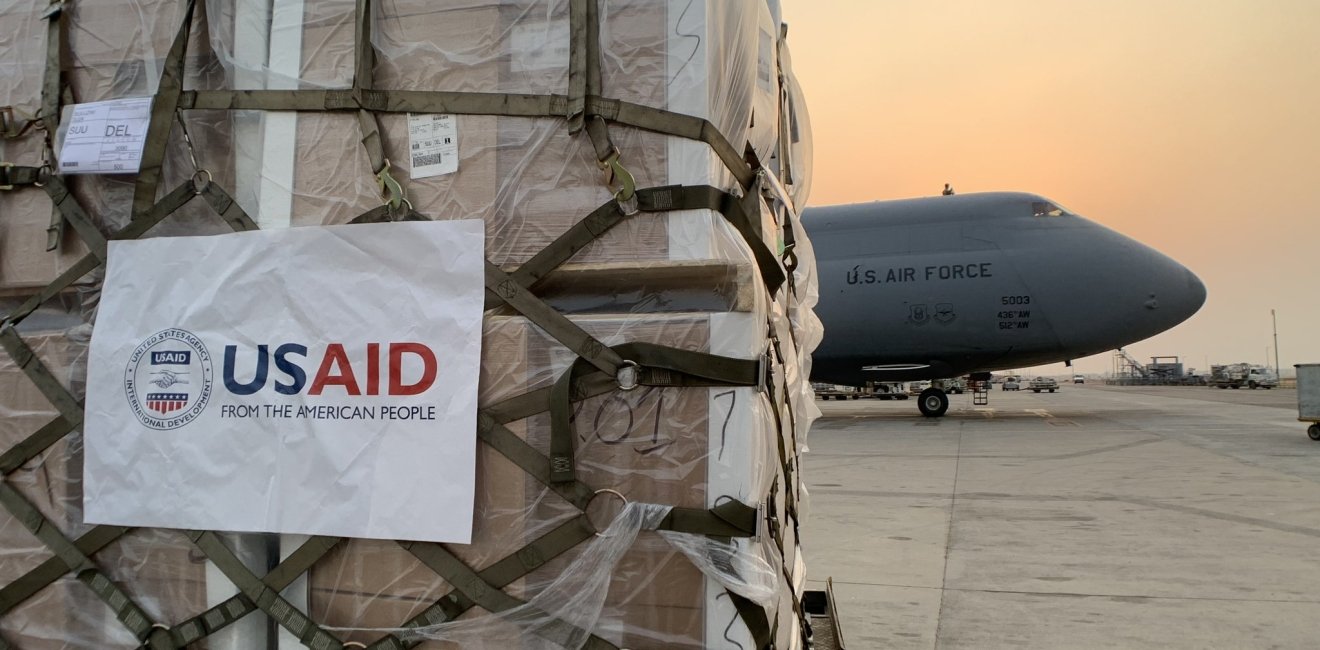On June 23, I testified before the House Foreign Affairs Committee that the COVID-19 pandemic had stalled, but not stopped another wave of the “Arab Spring” uprisings. Without a significant and immediate improvement in the quality of governance in the Middle East and North Africa, and associated economic gains, popular discontent will once againoverwhelm governments around the region. We saw this in 2019, when mass demonstrations toppled leaders in Algeria, Sudan, Lebanon and Iraq—and that was before COVID eviscerated economies, battered health care systems, and stunted education.
The United States government does not move fast, an important caveat often overlooked by analysts and advocates, but there are actions that we can take to make a difference this year. First and most importantly, we can prioritize close friends such as Jordan, Tunisia, and Morocco for national-scale vaccination campaigns; there is no better way to stabilize societies and restart economies. The Biden administration has made America the foremost donor of vaccines, but the administration risks dispersing doses too widely via multilateral efforts such as COVAX as well as muting the positive public diplomacy effects of this aid. Big international organizations such as those responsible for COVAX distribution rarely brand their efforts with the flag of individual donors unless explicitly directed to do so. Vulnerable allies in the Middle East need to know that the United States is standing with them, saving lives and livelihoods.
The US Agency for International Development (USAID) already has mechanisms in place, and partners on the ground, directly supporting small and medium enterprises (SMEs) in Tunisia, Egypt, and elsewhere.
Second, we can scale up work that our development agencies are already undertaking in the vulnerable economies of the region. The US Agency for International Development (USAID) already has mechanisms in place, and partners on the ground, directly supporting small and medium enterprises (SMEs) in Tunisia, Egypt, and elsewhere. USAID is helping local governments to provide better services in Jordan and Morocco. The “Tunisia JOBS” project for example began in 2018 and is actively supporting SMEs, increasing revenue and creating tens of thousands of jobs. Additional resources can be injected into these efforts, either from less-urgent priorities within the region or from unallocated current fiscal year funds elsewhere at USAID or the State Department.
Beyond the immediate stimulus of vaccines and bottom-up support to the economy, the US needs to help struggling governments seize this opportunity to institute lasting economic reform. Too many countries in the Middle East, including close American allies, retain economic systems that are state-centric and dominated by a handful of oligarchic families. For lasting and inclusive economic growth, and the stability that results, governments need to open up their economies to entrepreneurs both domestic and international. The World Bank’s Ease of Doing Business report tracks the challenges of Middle East economies, as well as the specific pain points that can be addressed by smart policies. In Jordan starting a new business requires seven distinct government, financial or legal procedures, twelve full days of effort, and costs almost a quarter of an annual salary.
University graduates will often wait years for a civil service position rather than settle for the hassle and uncertainty of the private sector.
Education reform is an interrelated challenge regional governments need to take on. As Wilson Center research has shown, there is an unfortunate nexus between ossified education systems that prioritize quantity over quality and stagnant economies in which success for a graduate is defined by landing an easy public sector job-for-life. University graduates will often wait years for a civil service position rather than settle for the hassle and uncertainty of the private sector. USAID and the State Department regularly engage with partner countries around such issues and develop wishlists of necessary legislative or regulatory changes; with the specter of social upheaval on the horizon, now is the time to offer our continued support through a set of concrete reforms.
Finally, the United States can do a better job of encouraging its own businesses to invest in our partners in the Middle East. The US has Free Trade Agreements with Jordan, Oman, Morocco and Bahrain yet US private sector investment in these countries is woefully limited. In 2019 the total value of US foreign direct investment in Jordan was a mere $179 million: about half as much as Amazon is spending on one affordable housing complex in Arlington, Virginia.
If the Biden administration is serious about a foreign policy for the middle class, then it needs to vastly expand its engagement with America’s own SMEs and tap into their scrappy adventuresome spirit to promote stability abroad and prosperity at home.
The U.S. government does a good job of supporting major corporations like Exxon to gain access to opportunities abroad, but a much worse job of supporting small or medium-sized American enterprises to do the same. These smaller businesses are owned by ambitious men and women eager to build their brands and who are hungry for risk and the rewards that come with it. Despite the brand recognition of America’s biggest corporations, it’s not the Apples and the Coca Colas that generate the majority of American private sector jobs—it’s the little guys. If the Biden administration is serious about a foreign policy for the middle class, then it needs to vastly expand its engagement with America’s own SMEs and tap into their scrappy adventuresome spirit to promote stability abroad and prosperity at home.
So, in short, the tools available for the Biden administration to help the post-COVID recovery of the MENA region are well within reach. Direct, bilateral vaccination support will allow stricken economies to recover while bolstering America’s diplomatic profile. Aid projects already underway can be scaled up to improve governance and create jobs. Structural education and economic reforms will take longer but cannot be put off. In the meantime, the US can do more to help its own smaller companies, not just its mega-corporations, find opportunities to make money abroad. That means jobs, that means stability, and that means a foreign policy for the middle class.
The views expressed in these articles are those of the author and do not reflect an official position of the Wilson Center.
Author

Vice President for Global Operations, International Republican Institute

Middle East Program
The Wilson Center’s Middle East Program serves as a crucial resource for the policymaking community and beyond, providing analyses and research that helps inform US foreign policymaking, stimulates public debate, and expands knowledge about issues in the wider Middle East and North Africa (MENA) region. Read more

Explore More
Browse Insights & Analysis
Understanding Trade Promotion Authority (TPA): Implications for US Trade

The Innovative Landscape of African Sovereign Wealth Funds


